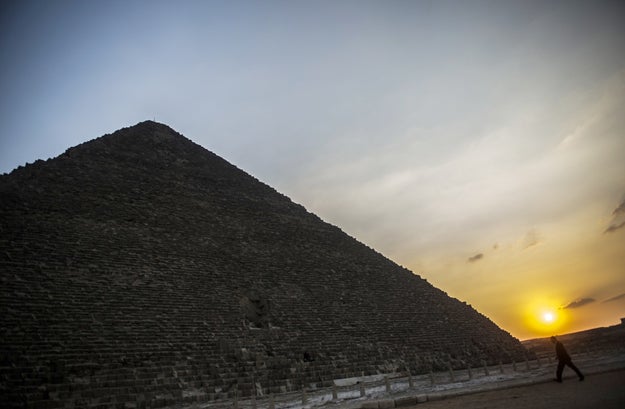As the linked article below indicates, one has to wonder at why one company, Vemma Nutrition, which had only $200 million in yearly earnings, ended up being prosecuted for such Ponzi type operations. Another company, Herbalife, which is currently valued at $6 billion, was not.
The important thing to remember here is that the operating model used by both companies involved selling distributorships for the most part, as opposed to emphasising actual product sales which, as with the original Ponzi operation of not making money on actual investments, but just getting more investors to keep payments going, is the glowing icon of a pyramid scheme.
The old saying goes that money talks. One is left wondering whether, if the vocabulary concerns terms of the right denominations, it is also gifted of great persuasion as well. And if the regulatory process works in this fashion for pyramid schemes, what is one to expect of other financial rules oversight? As in fighting monopolies, insider trading, or price fixing?
Something to consider when you think about whether this country is truly governed by the rule of law. The laws are there of course, the problem becomes one of whether you can afford the right kind of persuasion.

A Tale Of Two Schemes And One Pyramid
They both sell nutritional products, and they both make their money mainly by recruiting new distrubutors. So which is the alleged pyramid scheme?
No comments:
Post a Comment